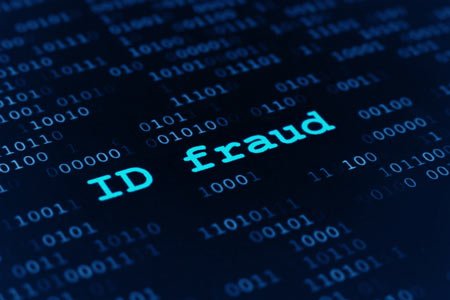TINKOFF BANK DEPLOYS IRIS FOR FRAUD PREVENTION OF ALL PAYMENT CHANNELS
Published by Gbaf News
Posted on February 3, 2015
3 min readLast updated: January 22, 2026

Published by Gbaf News
Posted on February 3, 2015
3 min readLast updated: January 22, 2026

Tinkoff Bank, Russia’s leading provider of online retail financial services and one of the largest credit card issuers in the country with 4.8 million cards issued, has selected IRIS Analytics’ fraud prevention solution, IRIS, as its central fraud prevention system for all payment channels. This includes acquiring, issuing, e-wallet, and online banking.
IRIS has been provided to Tinkoff Bank by Wincor Nixdorf, key partner of IRIS Analytics for worldwide sales, implementation and post-sales support. The Wincor Nixdorf Russia organisation was quick to see the potential of IRIS in their market, and this is their second new business win with IRIS.
IRIS puts Tinkoff Bank into the unique position of securely detecting fraud patterns that involve multiple payment channels in real-time. These types of fraud attacks typically involve major losses and can only be identified by profiling all payment and non-monetary transactions of account holders and merchants. IRIS contains unique functionality that enables merging transaction histories for any number and type of payment channels.
Anatoli Makeshin, vice president for payment systems and member of the management board at Tinkoff Bank, comments: “Tinkoff Bank is the only fully branchless bank in Russia which operates through a high-tech financial services platform providing us deep reach all over the country. The quality of the client service, be it consumers or merchants, is paramount to us and we invest in technologies that help us ensure the security of our clients’ transactions. IRIS enables us to provide the best possible protection against payment fraud with minimum customer disruption, thus adding significantly to our ability to meet our customers’ needs.”
Constantin von Altrock, managing director of IRIS Analytics, adds: “We are delighted to welcome Tinkoff Bank to our Russian user base. Our specialists, closely working together with the TCS team were able to get to live production of the first channel — acquiring — in only eight weeks. This included the implementation of the real-time transaction interface as well as the training of the banks’ fraud experts, who were then able to create their own custom decision model for day one operation.”
Sergey Soldatov, general manager banking of Wincor-Nixdorf Russia, concludes: “Fraud in the Russian Federation is the fastest growing in Europe, with a 28% growth rate in 2013. At the same time, the Russian payments market is a high growth market, and I am sure that we will see significantly increased interest in IRIS in the near future. Tinkoff Bank is a thought leader in this area, others will follow.”
Explore more articles in the Top Stories category











